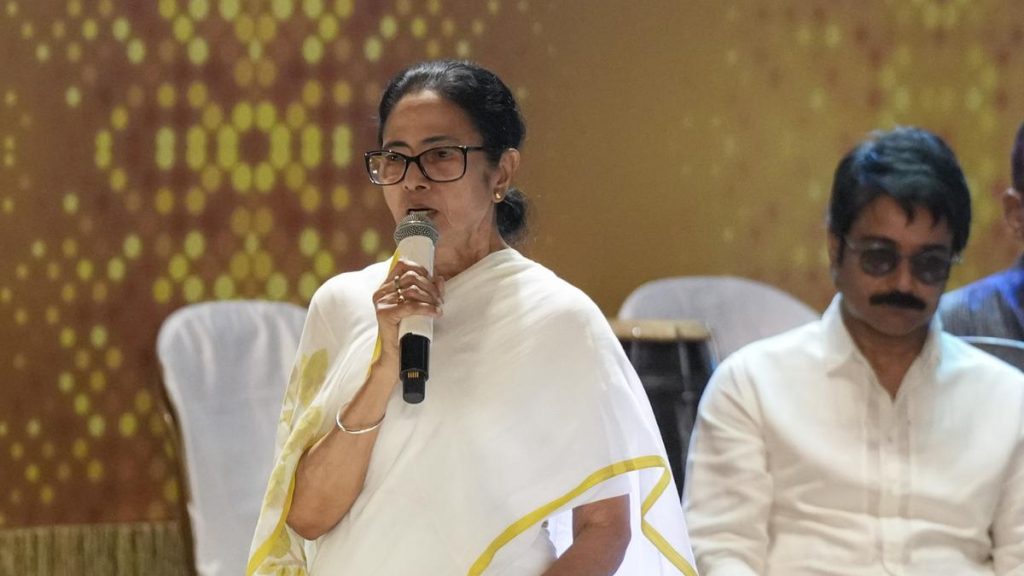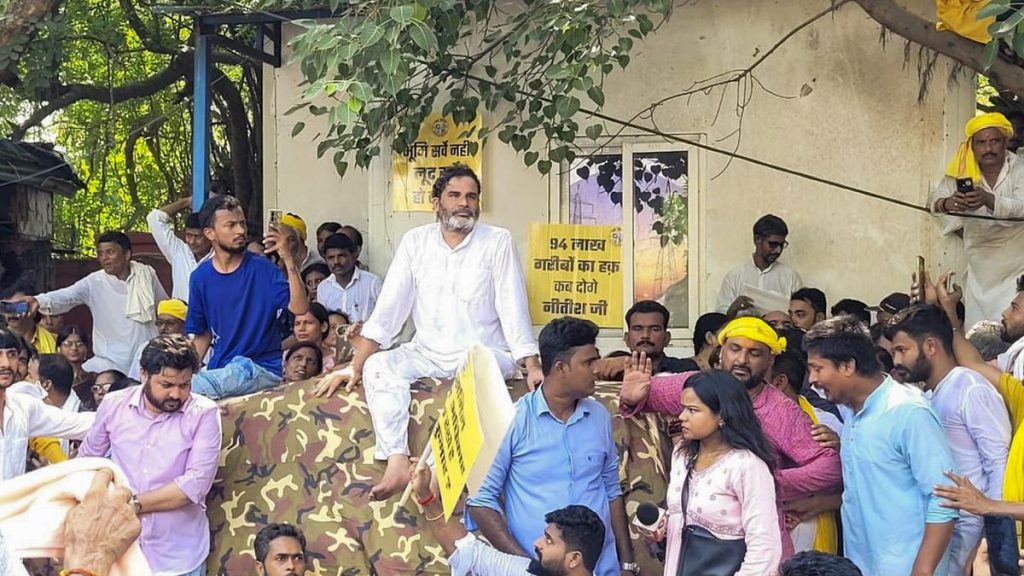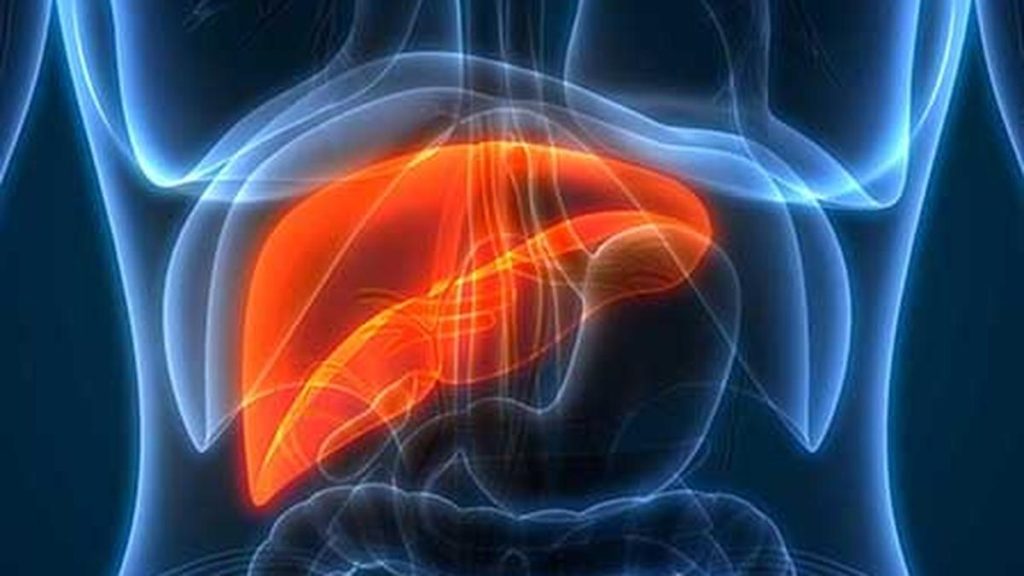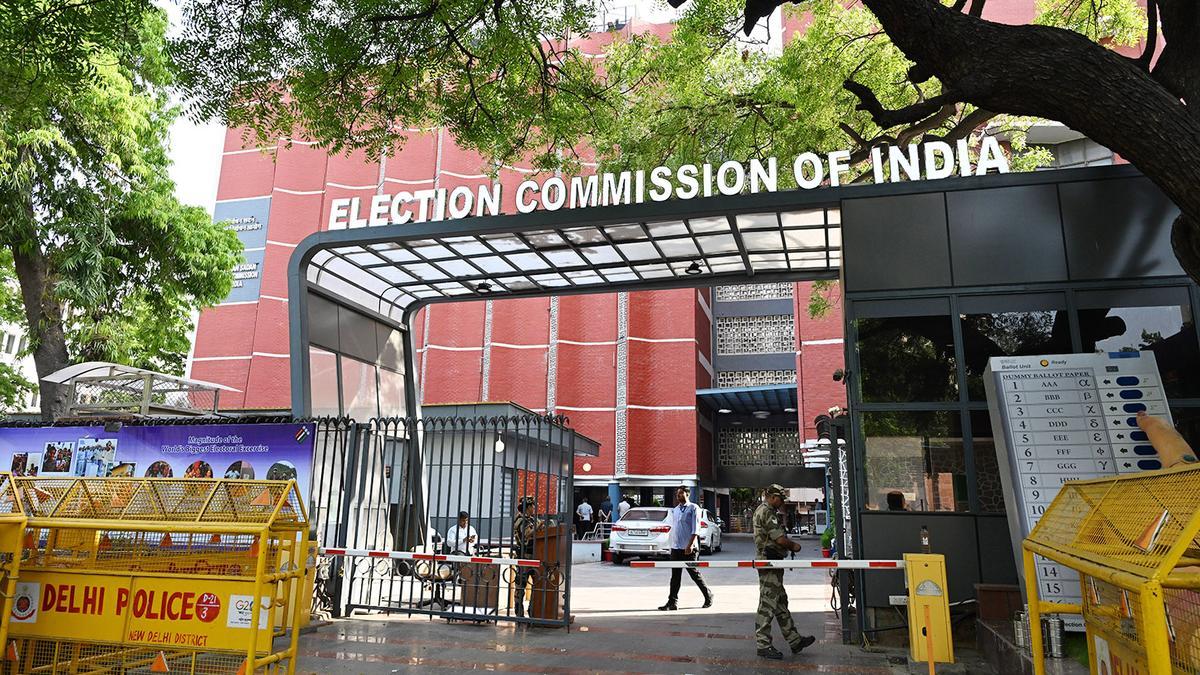Now Reading: Journalists Face Increased Risks for Reporting on Officials, Religion, and Protests: Study
-
01
Journalists Face Increased Risks for Reporting on Officials, Religion, and Protests: Study
Journalists Face Increased Risks for Reporting on Officials, Religion, and Protests: Study
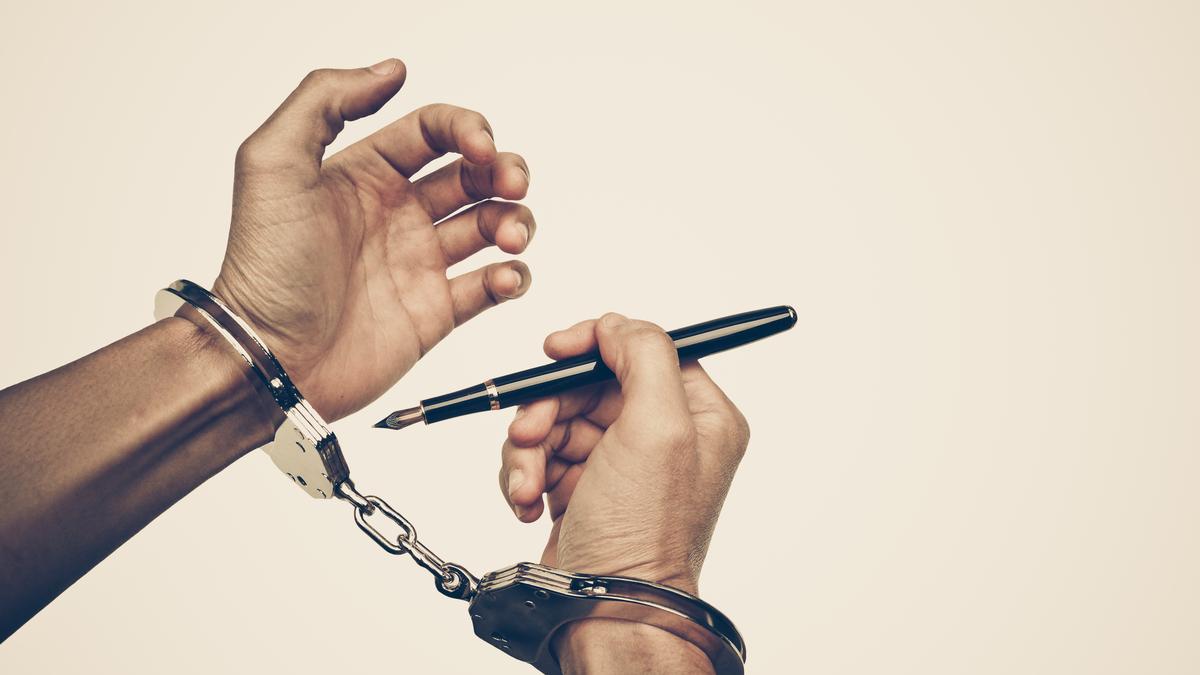
Rapid Summary:
- A study co-authored by NLU Delhi, the Clooney Foundation for Justice’s TrialWatch, and Columbia Law School analyzed 423 criminal cases against 427 journalists in India from 2012 to 2022.
- Reporting on public officials (147 incidents), religious matters (99 incidents), and protests (79 incidents) were the top three reasons journalists faced charges.
- Charges often included offences related to public tranquility, defamation, promoting enmity, intimidation, and offences against public servants or religion.
- Journalists in small towns or regional language publications faced higher risks of arrest (58% of cases) compared to those in metropolitan cities (24%). They also received substantially less access to legal protection.
- Over 65% of cases remained unresolved as of October 2023. In only 6% of cases were trials concluded with either conviction or acquittal.
- Criminalization disproportionately impacted regional-language journalists versus those reporting in english. Smaller-town journalists frequently dealt with intimidation by authorities and social stigma.
- The report highlighted constitutional concerns over press freedom with G.S. Bajpai describing the trend as detrimental to a “constitutional democracy.”
Indian Opinion Analysis:
This report underscores pressing concerns regarding press freedom in India and it’s implications for democracy. The notable targeting of smaller-town journalists reporting in regional languages indicates systemic vulnerabilities tied to geography and language rather than merely content accuracy or intent. Such patterns suggest an imbalance where access to justice is skewed towards urban centers while rural reporters face severe consequences.
The differing charges between investigative work centered on metropolitan issues versus grassroots on-ground reportage reveal structural disparities that need addressing within India’s justice framework. Moreover, delays in resolving these cases amplify the struggles for affected individuals while setting a concerning precedent that could deter journalistic scrutiny-a vital element for accountability.By drawing attention to these discrepancies without political conjecture, the study advocates introspection about media independence as a cornerstone of India’s democratic foundation.
Read more at: [Original Article Link]


